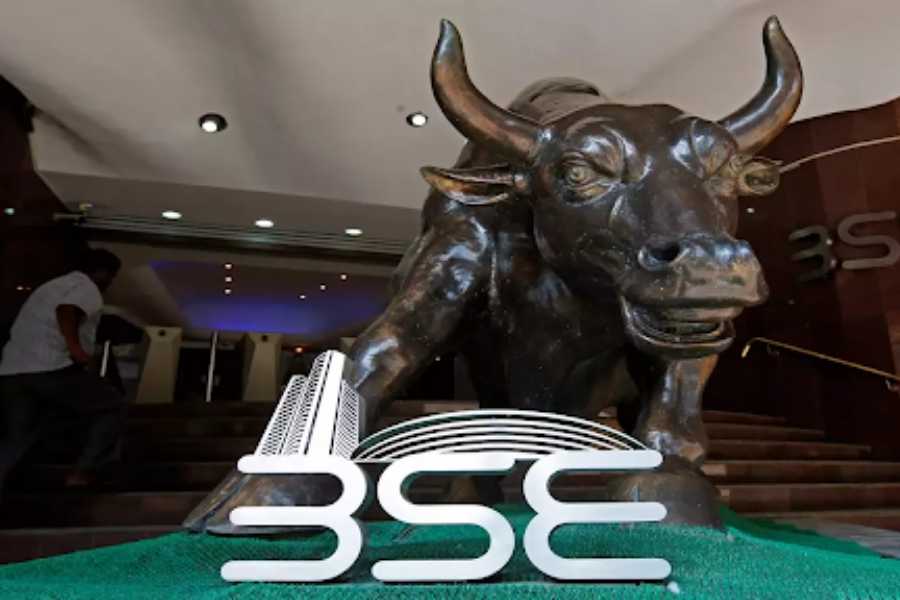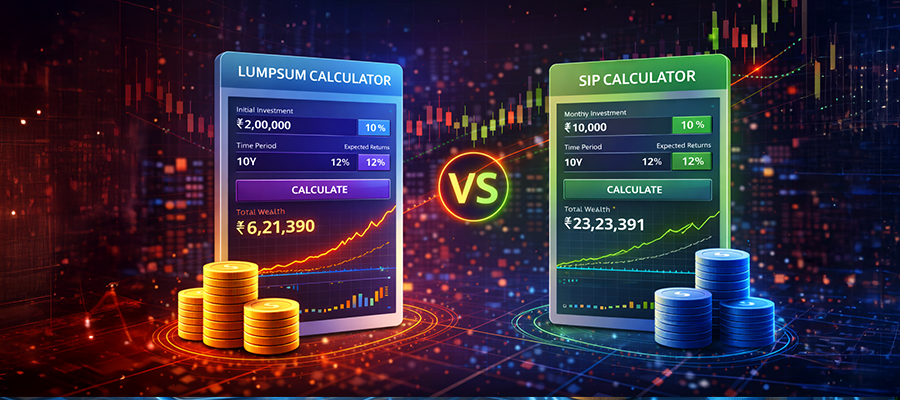The Bombay Stock Exchange (BSE) is one of the most prominent stock exchanges in the world and holds a pivotal role in shaping India’s financial landscape. Established in 1875, it is the oldest stock exchange in Asia and a cornerstone of India’s economy. To fully comprehend what is BSE, it is essential to explore its history, functions, and the critical role it plays in the global financial ecosystem.
The History of BSE: A Journey Through Time
Understanding the history of the Bombay Stock Exchange helps in grasping its significance in India’s financial growth. Founded by Premchand Roychand, a prominent businessman, BSE started as a group of brokers meeting under a banyan tree. Over time, it evolved into a sophisticated financial institution, gaining recognition from the government under the Securities Contracts Regulation Act of 1956.
Today, the Bombay Stock Exchange is a symbol of trust and stability for investors across the globe. It operates under strict regulations laid out by the Securities and Exchange Board of India (SEBI) to ensure transparency and fairness in trading.
What is BSE and Why is It Important?
To answer the question, what is BSE, it is essential to understand its core purpose. BSE is a platform where companies list their shares for public trading. It provides a regulated marketplace for buying and selling securities, including stocks, bonds, and derivatives.
The importance of BSE can be summarised as follows:
- Capital Formation: BSE enables companies to raise capital by issuing shares to the public.
- Liquidity: Investors can buy or sell securities easily, providing liquidity to the market.
- Price Discovery: BSE helps in determining the fair market value of securities through supply and demand.
- Investor Protection: It operates under SEBI’s guidelines to ensure a secure trading environment.
How Does BSE Operate?
BSE operates through a digital trading platform known as BOLT (BSE On-Line Trading), which ensures fast and efficient trading. The process involves brokers who act as intermediaries between buyers and sellers. Once a trade is executed, the securities are transferred to the buyer’s demat account, ensuring a seamless and secure transaction.
What is a Demat Account and Its Connection with BSE?
A demat account, short for dematerialised account, is essential for trading on BSE. It allows investors to hold securities in electronic form instead of physical certificates. The demat account simplifies the trading process by enabling quick and secure transactions.
When an investor buys shares on BSE, the shares are credited to their demat account. Similarly, when they sell shares, the securities are debited from the demat account. This digital system eliminates the risk of loss or damage to physical certificates and streamlines the trading process.
Key Indices of BSE
BSE offers several indices that reflect the performance of different segments of the market. The most notable among them is the S&P BSE Sensex, which tracks the performance of the top 30 companies listed on the exchange. Other important indices include:
- BSE 100: Tracks the top 100 companies.
- BSE 200: Covers a broader spectrum of 200 companies.
- BSE SmallCap and MidCap: Reflect the performance of small and mid-sized companies.
These indices provide valuable insights for investors and help in making informed investment decisions.
The Role of BSE in India’s Economic Growth
BSE plays a crucial role in India’s economic development by acting as a barometer of the country’s financial health. It provides a platform for companies to raise funds, which in turn fuels business expansion and job creation.
Additionally, BSE attracts foreign investment, contributing to the inflow of capital into the country. The exchange also promotes financial literacy by educating investors about trading and the importance of maintaining a demat account for secure transactions.
BSE’s Contribution to Financial Inclusion
One of the primary objectives of BSE is to promote financial inclusion. It aims to bring more individuals and businesses into the financial fold by providing easy access to the capital market. The introduction of the BSE SME platform is a testament to this commitment. It allows small and medium enterprises to list on the exchange and access funding opportunities.
Furthermore, BSE facilitates the growth of startups through its BSE Startup Platform, encouraging innovation and entrepreneurship in the country.
Regulatory Framework of BSE
BSE operates under the regulatory framework set by SEBI, ensuring fair and transparent trading practices. The exchange adheres to stringent compliance norms, protecting the interests of investors and maintaining market integrity.
The demat account system introduced by SEBI has further strengthened the security of transactions on BSE. It has made the trading process more efficient and secure, reducing the chances of fraud and errors.
Technological Advancements in BSE
BSE has continuously evolved to adopt the latest technological advancements in trading. The introduction of BOLT, the electronic trading system, revolutionised the way trades are executed. It enabled faster and more accurate transactions, improving overall market efficiency.
In recent years, BSE has also embraced blockchain technology to enhance transparency and security in trading. Additionally, it has launched several mobile applications to facilitate trading on the go, making it more convenient for investors to manage their demat account.
The Importance of Investor Education
BSE places significant emphasis on investor education. It conducts various programmes and workshops to educate individuals about the basics of stock trading, the importance of having a demat account, and the risks associated with investing in the stock market.
Through its initiatives, BSE aims to empower investors with the knowledge required to make informed decisions and manage their investments effectively.
BSE and International Recognition
The Bombay Stock Exchange has gained international recognition for its robust operations and regulatory framework. It is a member of the World Federation of Exchanges (WFE) and has partnerships with several global exchanges.
This international collaboration helps BSE stay updated with global best practices and enhances its credibility in the global financial market.
Benefits of Investing Through BSE
Investing through BSE offers numerous benefits to investors:
- Diversification: BSE provides access to a wide range of securities, allowing investors to diversify their portfolios.
- Transparency: The exchange operates under strict regulations, ensuring transparency in trading.
- Liquidity: Investors can buy and sell securities easily, providing liquidity to their investments.
- Secure Transactions: The demat account system ensures secure and seamless transactions.
How to Start Trading on BSE?
To start trading on BSE, follow these steps:
- Open a Demat Account: A demat account is mandatory for trading on BSE. Choose a reliable broker to open your account.
- Choose a Broker: Select a registered broker or brokerage firm to facilitate your trades.
- Link Your Bank Account: Link your bank account with your demat account for seamless fund transfers.
- Start Trading: Use the trading platform provided by your broker to buy and sell securities on BSE.
Risks Associated with Trading on BSE
While investing through BSE offers numerous benefits, it is not without risks. The stock market is volatile, and prices of securities can fluctuate significantly. It is essential for investors to conduct thorough research and understand the risks involved before making investment decisions.
Having a demat account helps in reducing some risks associated with physical securities, such as theft or damage. However, investors must stay vigilant and keep their account details secure to avoid potential cyber threats.
Conclusion
In conclusion, understanding what is BSE is crucial for anyone looking to invest in the stock market. The Bombay Stock Exchange has been instrumental in shaping India’s financial landscape and offers a secure platform for trading securities. Having a demat account is essential for participating in the trading process and ensures seamless transactions. BSE continues to evolve with technological advancements, providing investors with opportunities for growth and financial inclusion. By promoting transparency, education, and innovation, BSE plays a pivotal role in driving India’s economic development and attracting global investments.




